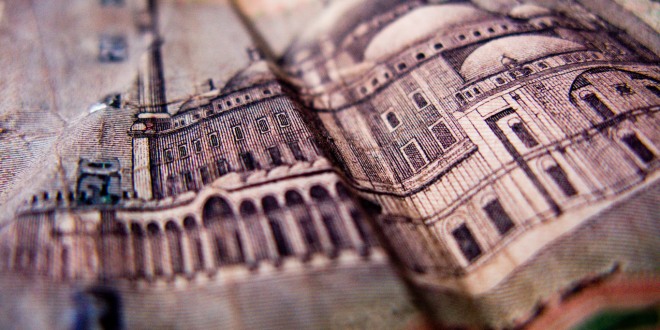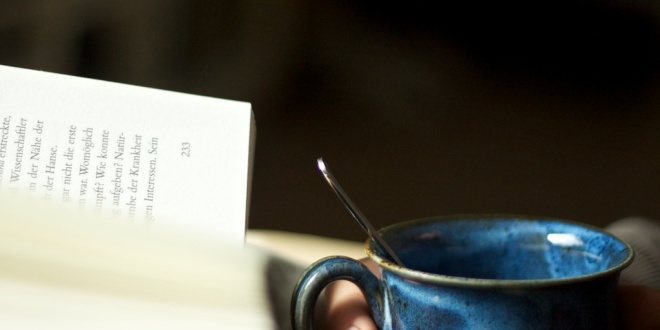
I talked with Emily Jungmin Yoon (@EmilyYoon), poet, translator, and doctoral candidate in comparative literature at the University of Chicago, about her latest book, Against Healing: Nine Korean Poets—a tiny anthology of translations just out from Axis Press as part of a series on “Translating Feminisms.” Our conversation began by considering two related statements Yoon makes […]






















